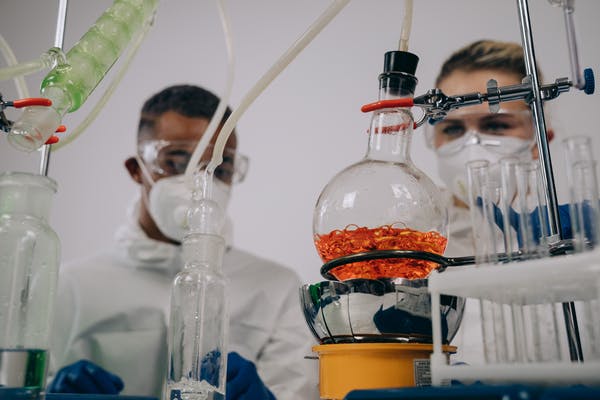NEWS
Dangers of Untreated Acid Reflux

We all experience heartburn at some point. If it is an occasional experience, it might not be a big deal. However, if acid reflux is frequent, it can cause serious long-term complications. Dallas acid reflux results from the stomach’s acid backing up the esophagus. You have a valve known as the lower esophageal sphincter that is between the stomach and esophagus. It prevents food and stomach acid from moving back into your esophagus, but its effectiveness is sometimes compromised, hence the acid reflux.
With every acid reflux, your esophagus is exposed to digestive acids, which are corrosive. Your stomach can handle the acids since they are essential for digestion, but the esophagus is not equipped to tolerate such exposure. Therefore, frequent exposure can lead to significant health concerns, including:
Barrett’s esophagus
The continued acid exposure damages the cells in your esophagus lining. As a result, the esophagus lining starts to change. Tissue similar to the intestines’ lining gradually replaces it, an abnormal development that could result in dysplasia. Dysplasia is considered a precancerous condition. If left untreated, it could lead to cancer cell development. Esophageal cancer is among the most worrying complication of untreated acid reflux, emphasizing the need for immediate attention if you experience frequent heartburn.
Esophagitis
Esophagitis results from the inflammation of the esophagus as it can’t tolerate strong and acidic exposure. The acid reflux can cause severe swelling, narrowing the esophagus and making it harder to swallow.
Esophageal stricture
The problem results from scarring of the esophagus lining. The scar tissue builds up, narrowing the esophagus. The strictures make it difficult to swallow drinks and food. This can affect your nutritional efforts, leading to dehydration and weight loss, which significantly impact your overall health and wellness.
Esophageal ulcers
The acidic exposure can lead to ulcers or sores in the esophagus lining. This causes symptoms such as nausea, chest pain, and painful swallowing experience.
Enamel erosion
The acid is too strong for your teeth and can erode the enamel. The weakened tooth increase risk of dental problems, including decay and tooth loss. The frequent acid exposure could also be the cause of chronic bad breath. Such dental problems can ruin your smile and confidence, impacting your productivity and social endeavors.
Irritated airway
During acid reflux, some acid can fall into your windpipe. With repeated exposure, the acid can irritate the airways and, in worst cases, increase the risk of developing respiratory issues like asthma.
Stool color
Are you worried about black or red stool? Bowel movements can cause alarm and could be resulting from acid reflux. This is when the acid erodes the esophagus or causes tears resulting in bleeding. The blood travels down to the digestive system, and leaves with the stool, hence the black or red color.
If untreated and managed, acid reflux can cause worrisome concerns. You might be surprised that you don’t need medication to address the reflux. For instance, you may only have to make adjustments, such as eating smaller portions per sitting or avoiding certain foods and beverages. However, if you ignore it and get chronic acid reflux, you may need anti-reflux surgery. Seeking immediate attention ensures the condition is managed when non-invasive options are still viable. Visit Michael Sutker, MD, today for aid reflux diagnosis, treatment, and management.
Umar Nisar was born and raised in the busy city of Abbottabad. As a journalist, Umar Nisar has contributed to many online publications including PAK Today and the Huffing Post. In regards to academics, Umar Nisar earned a degree in business from the Abbottabad UST, Havelian. Umar Nisar follows the money and covers all aspects of emerging tech here at The Hear Up.
Thanks










